Maybel Bardot's A Bride for the Wicked Duke is a tantalizing journey into the heart of Regency-era England, where societal norms and personal desires clash in a whirlwind of passion and intrigue. The novel, with its captivating premise and richly drawn characters, offers readers a delightful escape into a world where love and obligation are at odds, and where the stakes are as high as the emotions are intense.
At the center of this narrative is Aurelia, a young woman driven by desperation. Her family's financial ruin looms large, and the only solution is to secure a husband who can alleviate their debts. This premise sets the stage for a classic Regency romance, yet Bardot infuses it with a modern sensibility that makes the story feel fresh and engaging. Aurelia is not a passive heroine waiting to be rescued; instead, she is proactive, determined, and willing to make a deal with the devil himself if it means saving her family.
Enter Gerald, the titular "wicked duke," who embodies the duality of the era. By day, he is the epitome of nobility, but by night, he reveals his true nature as the owner of a gaming hell. This duality is not just a plot device but a reflection of the complex social structures of the time. Gerald's character is a study in contrasts, and Bardot does an excellent job of peeling back the layers to reveal the man beneath the title. His interactions with Aurelia are charged with tension and chemistry, and their evolving relationship is the heart of the novel.
The dynamic between Aurelia and Gerald is one of the novel's greatest strengths. Bardot crafts their relationship with care, allowing it to develop naturally over the course of the story. The initial power imbalance—Aurelia's need for financial security versus Gerald's desire for control—gradually shifts as they come to understand and respect each other. This evolution is both believable and satisfying, and it is a testament to Bardot's skill as a storyteller.
Themes of desire and obedience are central to the novel, and Bardot explores them with nuance and depth. The idea of being "owned" is a recurring motif, and it is used to examine the ways in which societal expectations can trap individuals in roles they did not choose. Aurelia's journey is one of self-discovery, as she learns to navigate the complexities of desire and autonomy. Gerald, too, must confront his own preconceptions and learn to balance his desires with the needs of those around him.
In terms of historical accuracy, Bardot paints a vivid picture of the Regency era, complete with its opulent balls, rigid social hierarchies, and hidden underworlds. The attention to detail is impressive, and it adds a layer of authenticity to the story. However, the novel is not bogged down by historical minutiae; instead, Bardot uses the setting as a backdrop for the characters' emotional journeys.
Comparatively, A Bride for the Wicked Duke shares thematic similarities with works by authors like Julia Quinn and Lisa Kleypas, who are known for their ability to blend historical romance with modern sensibilities. Like Quinn's Bridgerton series, Bardot's novel features strong, independent heroines and complex, charismatic heroes. Similarly, Kleypas's novels often explore themes of societal constraints and personal freedom, making Bardot's work a fitting addition to the genre.
One of the novel's most compelling aspects is its exploration of the concept of ownership and autonomy. The idea that Aurelia must "learn to tempt, tease, and win a suitor" under Gerald's tutelage could easily have veered into problematic territory. However, Bardot handles this aspect of the story with sensitivity and care, ensuring that Aurelia's agency is never compromised. Instead, the lessons she learns become a means of empowerment, allowing her to take control of her own destiny.
The novel's pacing is well-executed, with a balance of tension and resolution that keeps the reader engaged from start to finish. Bardot's prose is elegant and evocative, capturing the emotional intensity of the characters' experiences. The dialogue is sharp and witty, adding a layer of sophistication to the narrative.
Overall, A Bride for the Wicked Duke is a compelling and satisfying read that will appeal to fans of historical romance and those looking for a story with depth and heart. Bardot has crafted a tale that is both timeless and timely, exploring themes of love, power, and self-discovery with grace and insight. It is a novel that lingers in the mind long after the final page is turned, and it is sure to find a place on the shelves of romance enthusiasts everywhere.
In conclusion, Maybel Bardot's A Bride for the Wicked Duke is a standout addition to the Regency romance genre, offering readers a story that is both familiar and refreshingly original. With its well-drawn characters, engaging plot, and thoughtful exploration of complex themes, it is a novel that deserves to be read and cherished.




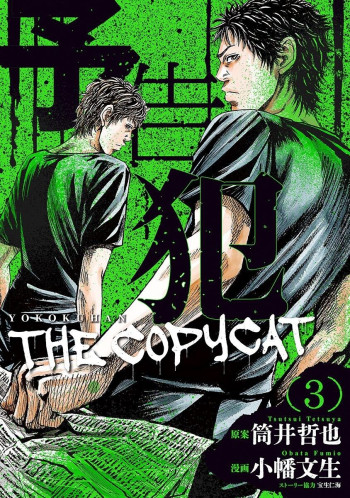
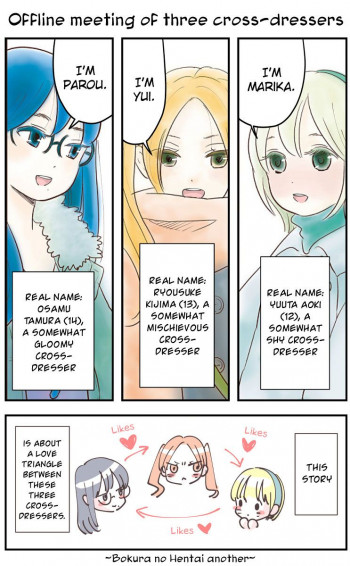


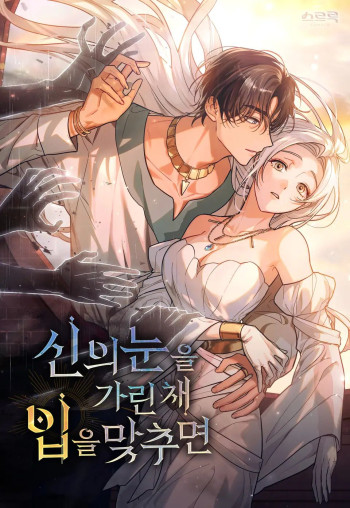
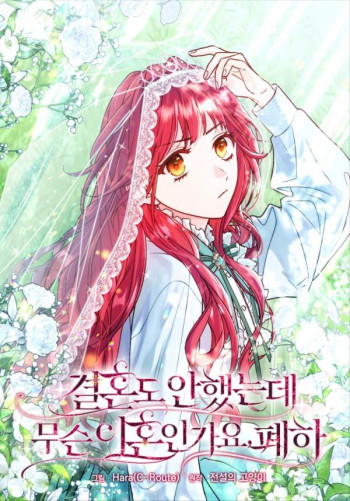


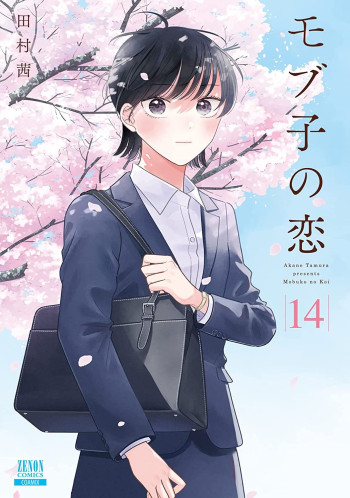











Reviews 0
Post a Reviews: